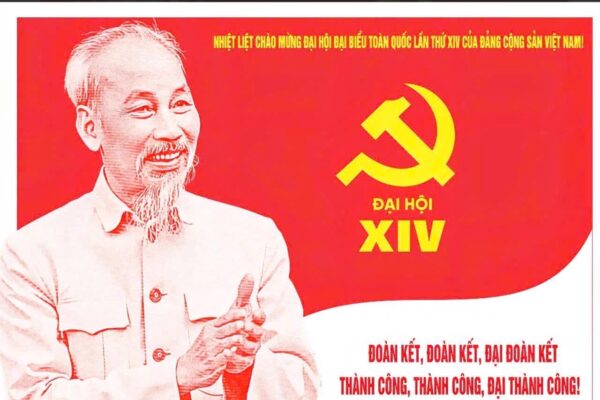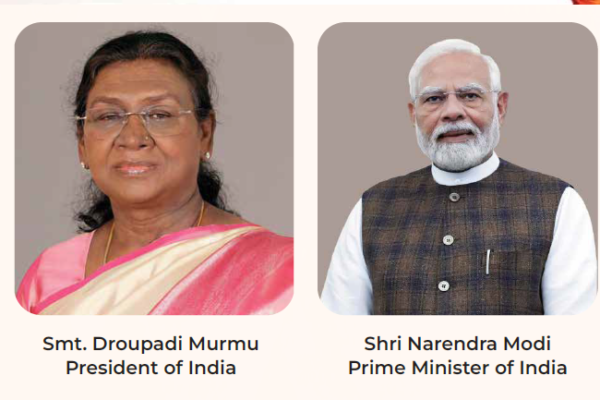ISLAMABAD: May 25, 2022 will be written as a Black Day in the history of the international human rights and justice system, when a special National Investigation Agency (NIA) court in the Indian capital New Delhi announced a verdict on an iconic Kashmiri pro-independence leader Yasin Malik to life imprisonment in a ‘terror’ funding case.
Though the Hindutva supporters pressurized the court to hang him till death since he was not guilty they couldn’t do it.
The charges against him included sections 16 (terrorist act), 17 (raising funds for the terrorist act), 18 (conspiracy to commit terrorist act) and 20 (being a member of a terrorist gang or organization) of the UAPA and sections 120-B (criminal conspiracy) and 124-A (sedition) of the IPC.
But how long Hindutva can sit on the existing verdict. Yasin Malik told the court that he was not contesting the charges leveled against him because he never accepted his crime and still stands on his words such as “Atal Bihari Vajpayee allotted me a passport and allowed me to make a statement because I was not a criminal”.
Yasin further stated that if seeking Azadi [freedom] is a crime, then I am ready to accept this crime and its consequences.
His wife Mushaal tweeted: “They can give all the verdicts they want. It won’t stop us from fighting for our Azadi, our freedom. I’ll continue this struggle till my last breath and then my daughter will continue this fight. And we will fight for generations till we are given our rights”.
But here the question is what happened that Yasin Malik ended up in the Indian jail and how he was held accountable for something he never was involved in.
In 2017, National Investigation Agency (NIA) registered a case of terror funding against various separatist leaders including Yasin Malik and in April 2019, NIA arrested Yasin.
In March 2020, he was charged under the Terrorist and Disruptive Activities (Prevention) Act (TADA), the Arms Act 1959 and Ranbir Penal Code for the attack on 40 Indian Air Force personnel in Rawalpora, Srinagar on January 25, 1990.
In March 2022, a Delhi court reviewed the evidence and ordered the framing of charges against him under the stringent UAPA and Indian Penal Code.
But this is not the first time India is arresting and detaining innocent Kashmiris that have been demanding its right to self-determination since 1947, mandated by a number of UN Security Council resolutions.
According to credible media as well as human rights organizations such as Amnesty International, Jammu and Kashmir Coalition of Civil Society (JKCCS) and People’s Unions for Civil Liberties reports, an estimated 4,000 – 13,000 people have been detained since 5 August 2019 in addition to those who have been languishing in jail for years for expressing their dissent to India’s occupation.
The recent amendments on 5 August 2019 when India de-operationalized the “special status” of Jammu and Kashmir that was enshrined in Article 370 of the Indian constitution, provided a futile ground to the Modi regime to harass and punish Kashmiris openly and legally with zero pressure from the international community and UN.
Kashmiris have termed this ‘unilateral action’ as an attempt by the Hindu-nationalist government of PM Narendra Modi to change the legal status of a territory that remains disputed in the international arena and to bring about demographic changes in the region.











